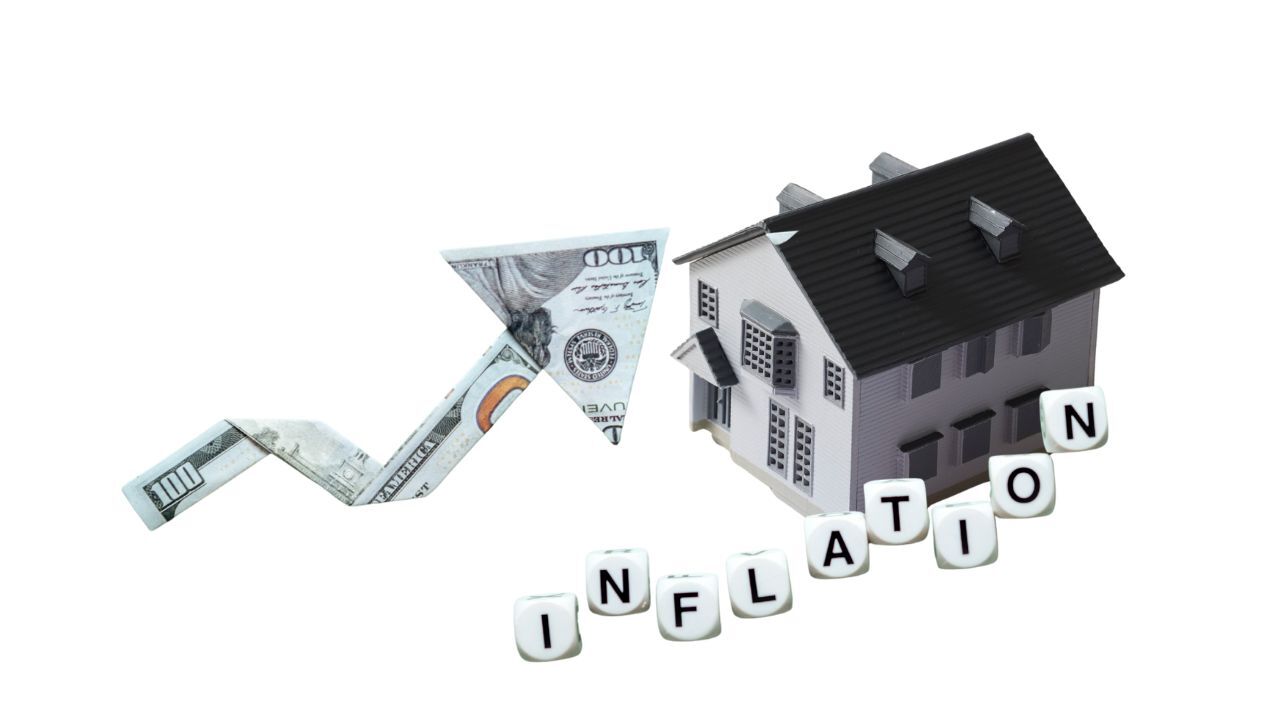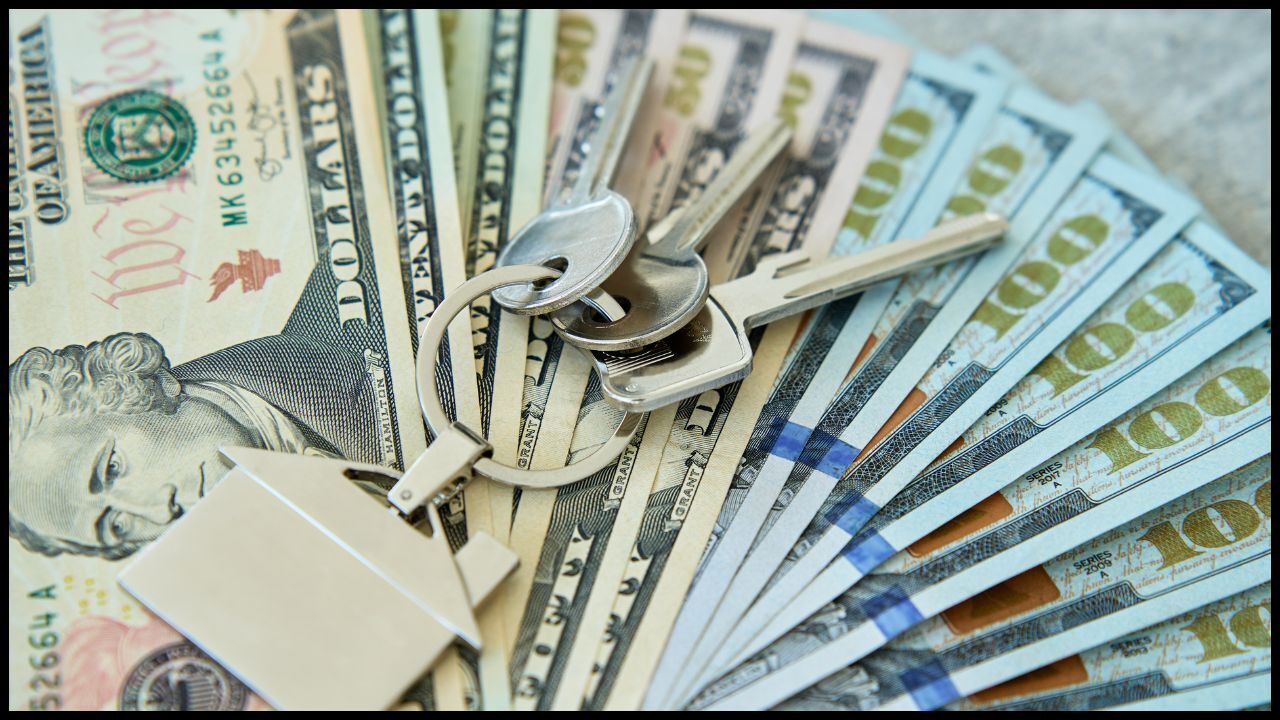 Buying a home is one of the biggest financial moves you will ever make, and while it can feel overwhelming, approaching it the way a real estate professional does makes the process smoother and more strategic. With the right preparation and mindset, you can shop confidently and make smart decisions from start to finish.
Buying a home is one of the biggest financial moves you will ever make, and while it can feel overwhelming, approaching it the way a real estate professional does makes the process smoother and more strategic. With the right preparation and mindset, you can shop confidently and make smart decisions from start to finish.
Know Your Budget Before You Shop
Professionals always start with the numbers. Before you begin looking at homes, take time to understand your budget and speak with a trusted lender. Knowing what you can comfortably afford helps you narrow your search and stay focused on homes that truly fit your price range. This step also strengthens your offer since preapproved buyers are taken more seriously by sellers.
Work with an Experienced Agent
Real estate agents do not just open doors; they guide you through the entire process. A skilled agent understands the market, knows how to negotiate effectively, and can help you avoid costly mistakes. They will also help you stay on top of timelines, inspections, and paperwork, which can be overwhelming without professional support.
Understanding the Local Market
A successful homebuyer pays attention to local trends. Your agent can provide data on recent sales, neighborhood values, and how quickly homes are selling. This information helps you make competitive offers without overpaying. Knowing when to move quickly and when to wait for a better opportunity is one of the biggest advantages of working like a pro.
Think Long Term
Real estate professionals always look beyond the present. When buying a home, think about how the property will meet your needs three, five, or even ten years from now. Consider things like location, commute, schools, and potential resale value. A home that fits your long-term lifestyle will serve you better than one chosen only for short-term convenience.
Stay Calm and Strategic
Even experienced agents know that buying a home can be emotional, but the key is staying calm and focused. If a deal falls through or a bidding war gets intense, remember that the right home will come along. Professionals rely on data, preparation, and patience rather than impulse.
Buying like a real estate pro means being informed, prepared, and strategic every step of the way. With the right guidance and a steady plan, you will find a home that fits both your needs and your financial goals.

 Home appraisals are a crucial step in the home buying process. It determines the property’s fair market value and helps lenders decide how much money to loan for the purchase. Ideally, the appraisal matches or exceeds the agreed-upon purchase price. However, when the appraisal comes in lower than expected, it can cause stress for both buyers and sellers. Knowing how to handle this situation calmly and strategically is key to keeping the deal on track.
Home appraisals are a crucial step in the home buying process. It determines the property’s fair market value and helps lenders decide how much money to loan for the purchase. Ideally, the appraisal matches or exceeds the agreed-upon purchase price. However, when the appraisal comes in lower than expected, it can cause stress for both buyers and sellers. Knowing how to handle this situation calmly and strategically is key to keeping the deal on track. A home inspection is one of the most important steps in the home buying process. It gives buyers a clear picture of the property’s condition and can uncover issues that are not visible during a showing. From roofing problems to electrical concerns, an inspection helps ensure you know exactly what you are purchasing. However, once the report arrives, the next step, and negotiating repairs, can feel overwhelming.
A home inspection is one of the most important steps in the home buying process. It gives buyers a clear picture of the property’s condition and can uncover issues that are not visible during a showing. From roofing problems to electrical concerns, an inspection helps ensure you know exactly what you are purchasing. However, once the report arrives, the next step, and negotiating repairs, can feel overwhelming. Buying a home is an emotional and financial journey, and most buyers expect the process to move smoothly once an offer is accepted. However, there are times when a seller decides to back out of the deal. This situation can be stressful, especially for buyers who have already started preparing for closing. Understanding your rights and the possible outcomes can help you respond calmly and confidently.
Buying a home is an emotional and financial journey, and most buyers expect the process to move smoothly once an offer is accepted. However, there are times when a seller decides to back out of the deal. This situation can be stressful, especially for buyers who have already started preparing for closing. Understanding your rights and the possible outcomes can help you respond calmly and confidently. Choosing the right type of home is one of the most important decisions a buyer can make. Condos, townhouses, and single-family homes each offer unique benefits and challenges. The best choice depends on your lifestyle, budget, and long-term goals. Understanding what sets them apart can help you make a confident and informed decision.
Choosing the right type of home is one of the most important decisions a buyer can make. Condos, townhouses, and single-family homes each offer unique benefits and challenges. The best choice depends on your lifestyle, budget, and long-term goals. Understanding what sets them apart can help you make a confident and informed decision. Inflation affects nearly every part of the economy, from grocery prices to the cost of borrowing. For homeowners and buyers, understanding how inflation impacts mortgage rates and payments can be a powerful advantage. While rising prices can feel discouraging, there are strategic ways borrowers can benefit during inflationary periods.
Inflation affects nearly every part of the economy, from grocery prices to the cost of borrowing. For homeowners and buyers, understanding how inflation impacts mortgage rates and payments can be a powerful advantage. While rising prices can feel discouraging, there are strategic ways borrowers can benefit during inflationary periods.
 In today’s competitive real estate market, buyers often find themselves going up against all cash offers. It can be discouraging to see a dream home slip away to someone who can pay outright. However, buyers who use financing still have powerful ways to compete, and win, when they approach the process strategically.
In today’s competitive real estate market, buyers often find themselves going up against all cash offers. It can be discouraging to see a dream home slip away to someone who can pay outright. However, buyers who use financing still have powerful ways to compete, and win, when they approach the process strategically.